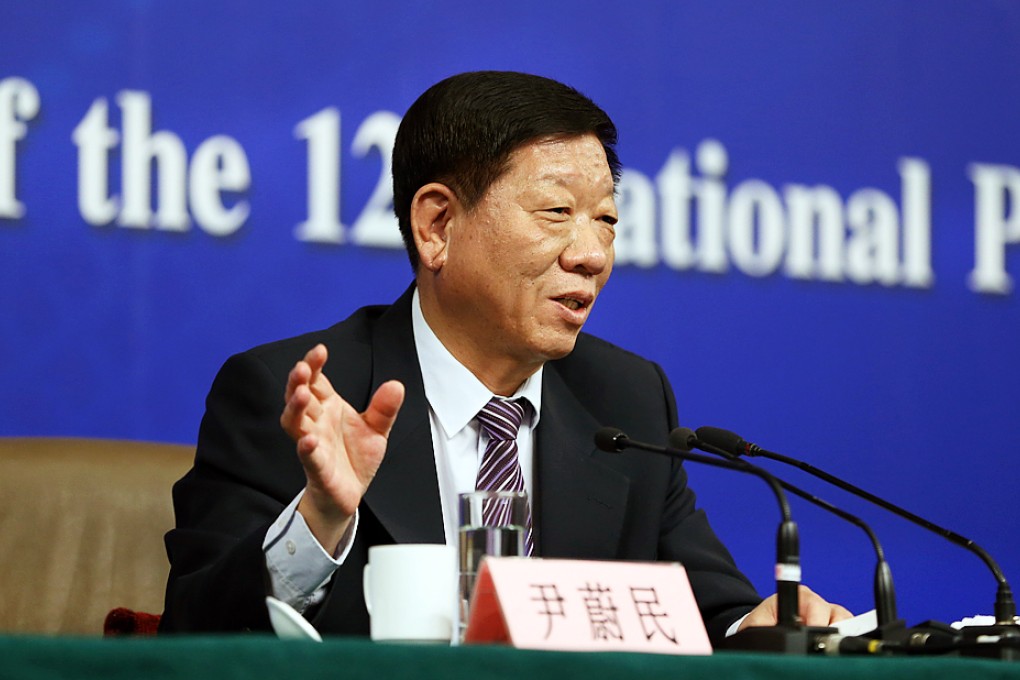China to roll out plans to raise retirement age within two years to cope with ageing population
'Inevitable' change will be rolled out by 2017, with limit raised by only a few months each year

China will roll out a detailed plan by 2017 to raise the retirement age as it copes with the costs of its rapidly greying population.
There will be an average of 1.3 people of working age for every retired person in China by 2050, human resources and social security minister Yin Weimin told a press conference at the National People's Congress yesterday.
There are currently just over three working-age people for each retired person.
And by 2050, people aged over 60 will make up 39 per cent of the population compared with the current 15 per cent, Yin said.
For all the latest news from China’s parliamentary sessions click here
The ratio by 2050 would put huge pressure on the country's pension system, he said, and it was inevitable that the retirement age would be raised.
The current system, which was formulated in 1953, allows men to retire as early as 60 and women at 55. Yin said any adjustment would be "gradual", the retirement age raised by only a few months each year. But he did not say when the plan was likely to take effect.